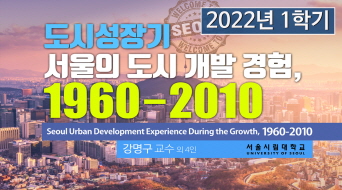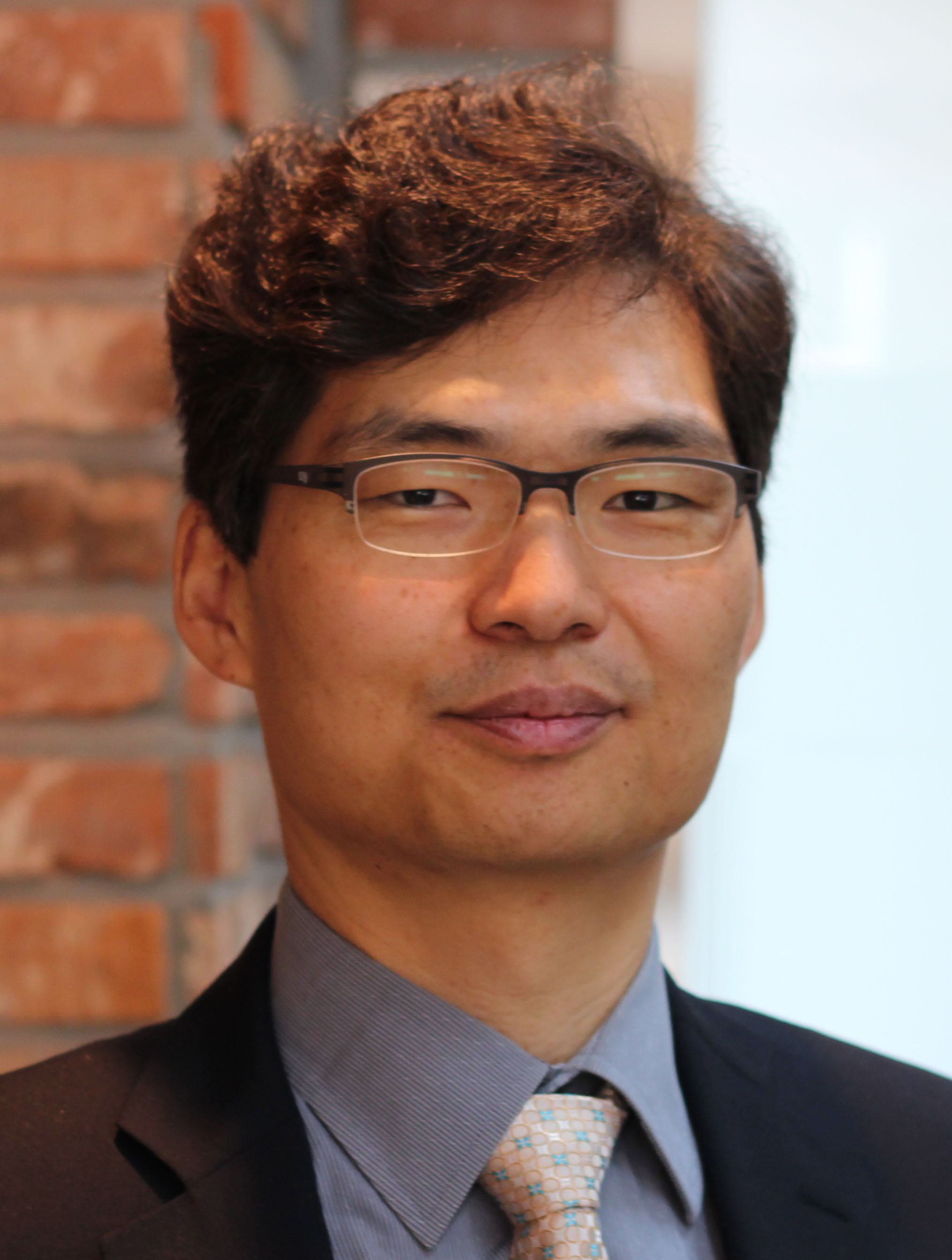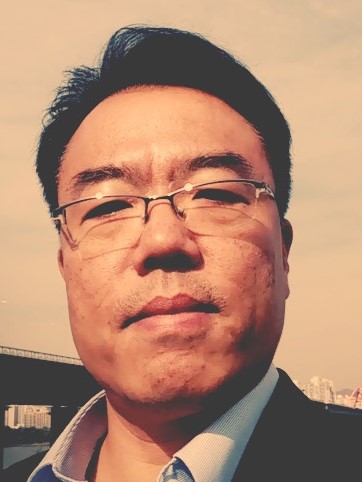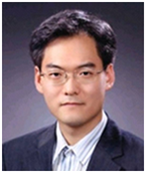| 1 |
week1 : Introduction to City and Its Planning for Sustainable Development |
1. City is the Central Place of Social Exchange and Case of Ancient Athens as a Central Place |
|
| 2. Trust, the foundation of People's Collaboration |
|
| 3. Agora - Apparently Empty but Full of Social Interactions and Trust |
|
| 4. What is City? City as the Commons |
|
| 5. What is Urban Planning? and What can Urban Planning do? A Tale of Two Cities |
|
| 6. Tragedy of the Commons and Our City |
|
| 7. Summary of the 1st Week Lecture |
Discussion 1 |
| 2 |
week2 : Urban Pattern of Compact and Mixed-Use |
1. Introduction to Land Use Pattern and Urban-Region System |
|
| 2. Compact and Mixed-Use |
|
| 3. Case of Seoul Master Plan 1966 |
|
| 4. Benefits of Mixed-use Pattern |
|
| 5. Benefits of Compact Pattern |
|
| 6. Density and Land Consumption and Nature Preservation |
|
| 7. Case of Cape Town Densification |
|
| 8. Summary of the 2nd Week Lecture |
Discussion 2 |
| 3 |
week1 : Introduction to City and Its Planning for Sustainable Development |
1. City is the Central Place of Social Exchange and Case of Ancient Athens as a Central Place |
|
| 2. Trust, the foundation of People's Collaboration |
|
| 3. Agora - Apparently Empty but Full of Social Interactions and Trust |
|
| 4. What is City? City as the Commons |
|
| 5. What is Urban Planning? and What can Urban Planning do? A Tale of Two Cities |
|
| 6. Tragedy of the Commons and Our City |
|
| 7. Summary of the 1st Week Lecture |
Discussion 3 |
| 4 |
week4 : Urbanizing World and Need for Smart and Sustainable UrbanPlanning, Seoul Urban the Basis of SustainableDevelopment |
1. Urbanizing World and the Challenges |
|
| 2. Need for Urban Planning and Governance |
|
| 3. What is Urban planning ? |
|
| 4. Seoul Transformation (1960~2010) |
|
| 5. Urban Pattern of Seoul |
|
| 6. Concluding Remarks : Comparison of Planning Context between Developing andDeveloped World |
Discussion 4 |
| 5 |
week5 : Seoul Urban Land Supply and Land Readjustment with GangnamDevelopment Case |
1. Background : Importanceof Urban Land Supply for a City’s Sustainable Growth |
|
| 2. Concept of Land Readjustment |
|
| 3. Seoul Land Readjustment(LR) Overview |
|
| 4. Gangnam Development with LR |
|
| 5. Concluding Remarks : Advantage of Land Readjustment and Some Concerns |
Discussion 5 |
| 6 |
week6 : Slum Upgrading and Experience in Seoul |
1. What is Slum? |
|
| 2. What does Slum Upgrading mean? |
|
| 3. Some issues in Slum Upgrading |
|
| 4. Seoul Slum Upgrading Case in 1960’s: CitizenApartment |
|
| 5. Seoul Slum Upgrading Case in 1970’s: Self-help with LandTransfer |
|
| 6. Seoul Slum Upgrading Case in 1980’s: PartnershipRedevelopment |
|
| 7. Concluding Remarks : Lessons from Seoul Slum Upgrading Case Experience |
Discussion 6 |
| 7 |
week7 : Seoul Public Transportation Reform |
1. Seoul Transportation Overview |
|
| 2. Elements of the Reform |
|
| 3. Background and Procedure of the Reform |
|
| 4. Major Outcomes |
|
| 5. Future Transportation Policy Directions |
Discussion 7 |
| 8 |
week8 : Waterworks system of Seoul |
1. History of Waterworks System of Seoul |
|
| 2. Water Quality Management |
|
| 3. Revenued Water Ratio(RWR) |
|
| 4. Wastewater & Urban Drainage System |
|
| 5. R&D for New Tech |
Discussion 8 |
| 9 |
week9 : Sustainable Waste Management in Seoul : Moving towards aCircular Economy |
1. Challenges and Opportunities |
|
| 2. Policy Shift in Waste Management |
|
| 3. Smart Solutions |
|
| 4. Major Achievements and Lessons |
Discussion 9 |
| 10 |
week10 : Bukchon Preservation Project |
1. Location of Bukchon(North Village) |
|
| 2. Start of Bukchon Project |
|
| 3. Main Tasks for Bukchon Project |
|
| 4. After Bukchon Project |
Discussion 10 |
| 11 |
week11 : Cheonggyecheon Restoration and Urban Regeneration |
1. Background and Overview |
|
| 2. Motivation for Regeneration |
|
| 3. Planning |
|
| 4. Construction and Technology |
|
| 5. Achievements |
|
| 6. Summary : Meaning of Cheonggyecheon Restoration to UrbanRegeneration |
Discussion 11 |











